
Microsoft's attack on Chromebook is the latest Scroogled embarrassment
While the staff here at BetaNews is a fairly close knit bunch, that doesn't always mean we agree on everything. In fact, debate is a part of daily life. To that end, earlier today my colleague Brian Fagioli took it upon himself to call the latest Scroogled ad, this one against the Chromebook, the "best Scroogled ad yet".
He seems to think all of this behavior is acceptable, even amusing and honest. I suppose if you are a fan of the show Pawn Stars, then you may find it of mild interest. However, what it also turns out to be is utterly untrue.
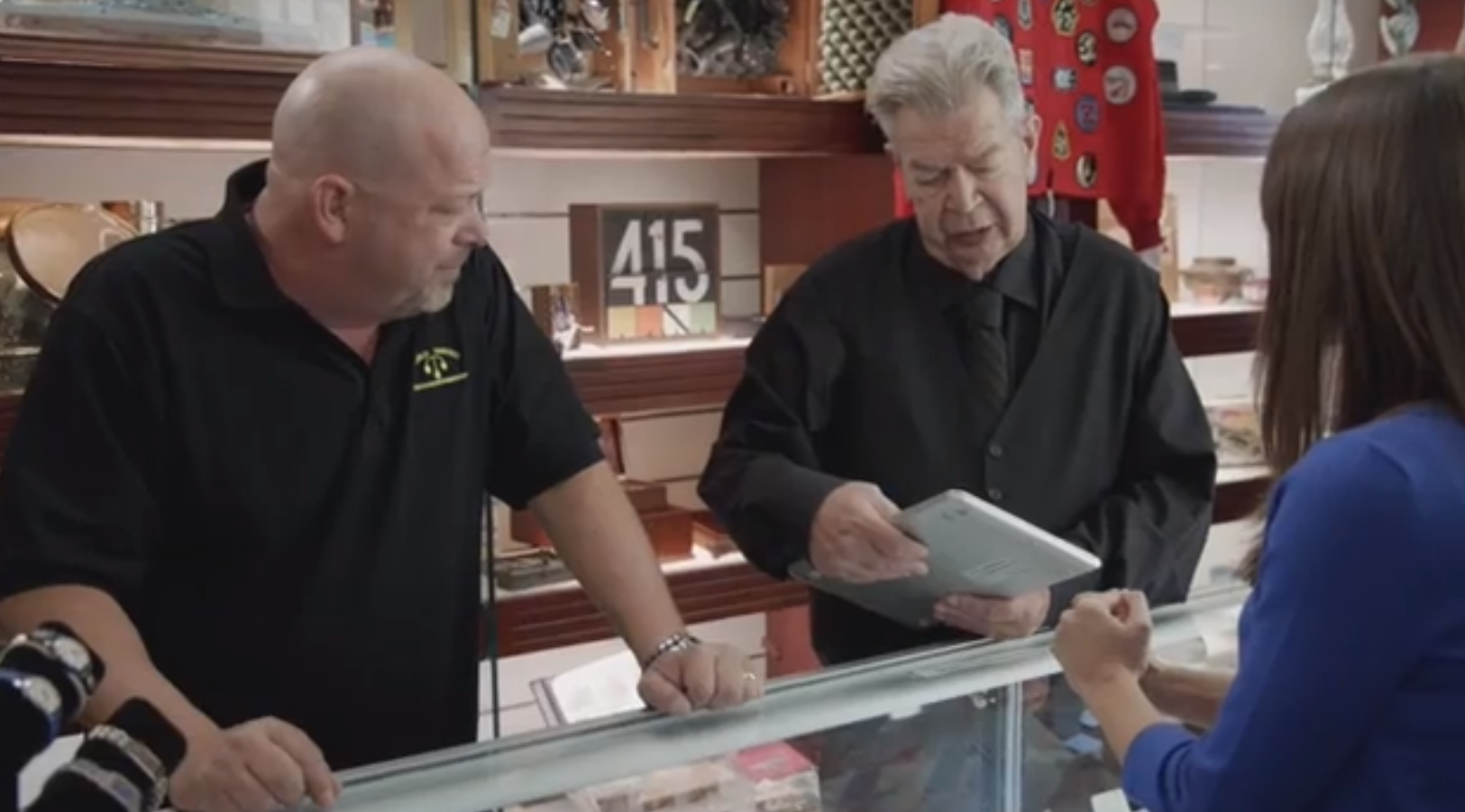
Microsoft partners with Pawn Stars for the best Scroogled ad yet
When it comes to TV advertisements, they can usually go two ways -- flashy or informative. For the most part, flash dominates the airwaves. Sometimes I watch an advertisement and have no idea what the product is. Microsoft is no stranger to the flashy commercial. If you recall the original Surface ads, they featured trendy people dancing, with a focus on the sound that the kickstand made. It was an overall dud.
It is hard to fault a company for taking this approach, as informative ads can be considered boring. However, Microsoft may have found the perfect balance in its latest Scroogled ad, which features the stars of hit TV show, "Pawn Stars". It is one of the best advertisements I have seen in recent memory and Microsoft deserves applause.
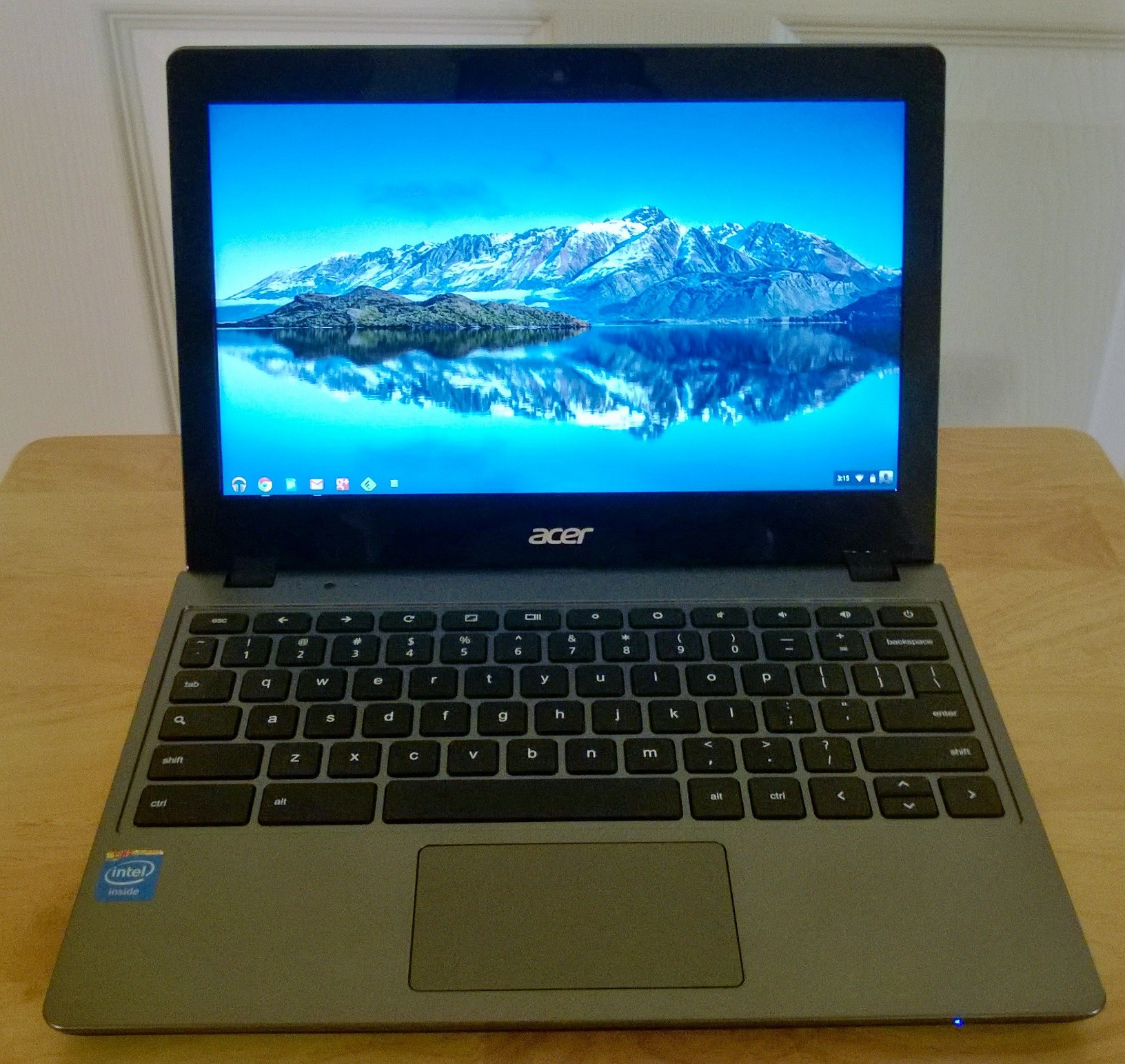
Acer C720-2848 Chromebook -- less RAM, lower price
When it comes to new and affordable Chromebooks, there are two standouts -- the Acer C720-2800 and the HP Chromebook 11. Even before the HP model was plagued with a defective charger and pulled from the market, I preferred the Acer for its better processor and increased RAM. Not to mention, the Acer is $249, which is $30 less than the under-powered HP.
Today, Acer announces that it is expanding its offering of inexpensive Chromebooks with the C720-2848. This laptop is nearly identical to the existing C720 model except for two things -- it has half the RAM (2GB instead of 4GB) and is $50 cheaper. The question becomes, is the cost saving worth the reduced performance?

Acer C720 Chromebook -- best bang for your buck [Review]
My relationship with Chromebook and Chrome OS has been rocky. When Google first announced the concept, I was highly dubious. After all, I had done all of my computing on Windows and Linux -- locally installed apps were all I knew. Ultimately, curiosity got the best of me and I bought the Samsung ARM Chromebook. The simplicity of the platform melted my heart and I became an enthusiast.
Sadly, I outgrew the Samsung model due to its poor performance -- it is slow on certain websites, like Google+. I decided to postpone the upgrade until the Haswell models would arrive. However, in the midst of the Haswell-Chromebook revolution, HP and Google threw a curve-ball and released the wonderful Chromebook 11, that has an ARM processor, which took an Apple approach to laptop design.
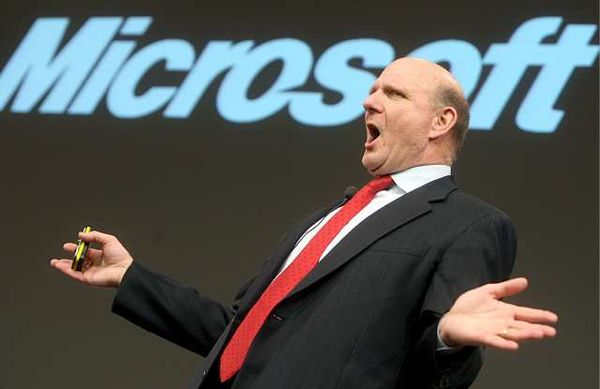
Steve Ballmer is right, and I was wrong
Steve Ballmer's departure from Microsoft will be a series of epitaphs written over the coming months. Many arm-chair pundits and analysts will scrutinize his 13-year tenure as chief executive, and you can expect him to be the scapegoat for all things wrong with Microsoft. Most assuredly, Ballmer could have done many things better, but he also contended with forces out of his control: government oversight for anti-competitive practices conducted under predecessor Bill Gates' leadership; maturing PC software market; and rise of the Internet as the new computing hub, among others.
For all Microsoft's CEO might have done wrong, he was right about something dismissed by many -- and I among them: Google. Ballmer started treating the search and information company as a competitive threat about a decade ago. Google as Microsoft competitor seemed simply nuts in 2003. How could search threaten Windows, particularly when anyone could type a new web address to change providers? Ballmer was obsessed, chasing every Google maneuver, often to a fault. Execution could have been better, but his perception was right.
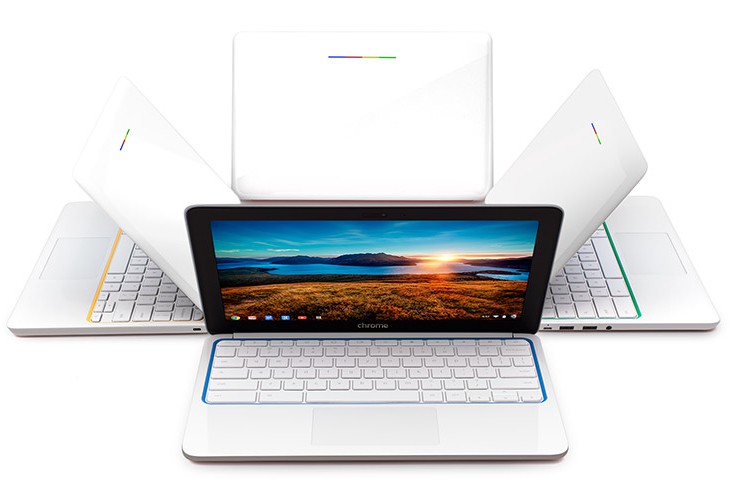
Google-HP Chromebook 11 first-impressions review
Many people reading this review tangle up in features. They have a spec-sheet mindset that obscures seeing some products' benefits. Google gets the difference, and you should too. The paper holder that wraps around a Starbucks coffee cup is a feature. Protecting your hand from burning is a benefit. While related, the two are distinct. Any evaluation of Chromebook -- or any other thing to be purchased -- should focus on benefits first. Specs are a distraction.
In offering my first impressions about HP Chromebook 11, I step back from features and focus on benefits and who gets the most from them. Based on the out-of-the-box experience, for most people reading this review, I would not recommend the computer, which Google co-designed, over Intel Haswell-based Chromebooks. However, keeping with suspicions expressed yesterday, the tiny Chromebook would be right for students. Design, size, portability, functionality and value for price offer the right mix of benefits for preschool-to-grade 12 students. HP Chromebook 11 is what white MacBook was to kids last decade.
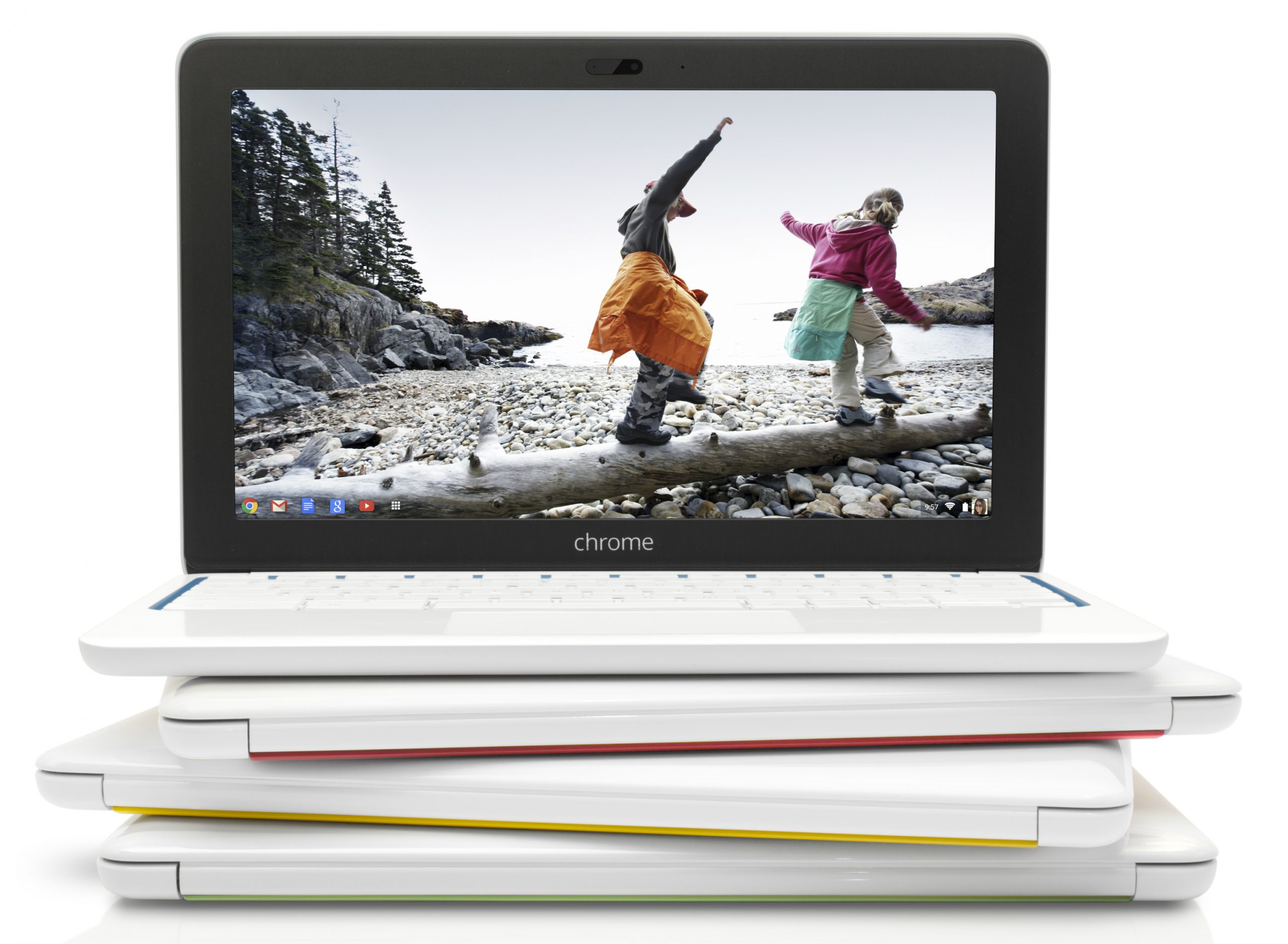
HP Chromebook 11 is pretty on the outside but last year's model within
Nearly a year after unveiling an ARM-based Chromebook with Samsung, Google has a newer, costlier and not-so-updated model from HP. Like the older computer, screen dimensions, physical size and weight are comparable -- as is the stingy RAM, which as a long-time Chromebook user I must fault. But there's a sexy, new enclosure and four bright color accents that could make this tiny beauty the PC stocking stuffer of Holiday 2013.
HP's push into Chromebooks should disturb Microsoft. The manufacturer is the software giant's most-loyal OEM partner. If "traitor" isn't a word uttered in response throughout the hallowed halls of the Redmond, Wash. campus, it should be. Just as Microsoft moves Windows 8.1 to market, HP primes not one, but two, new Chromebooks -- the other with 14-inch display -- in the only segment of the PC market that is growing.
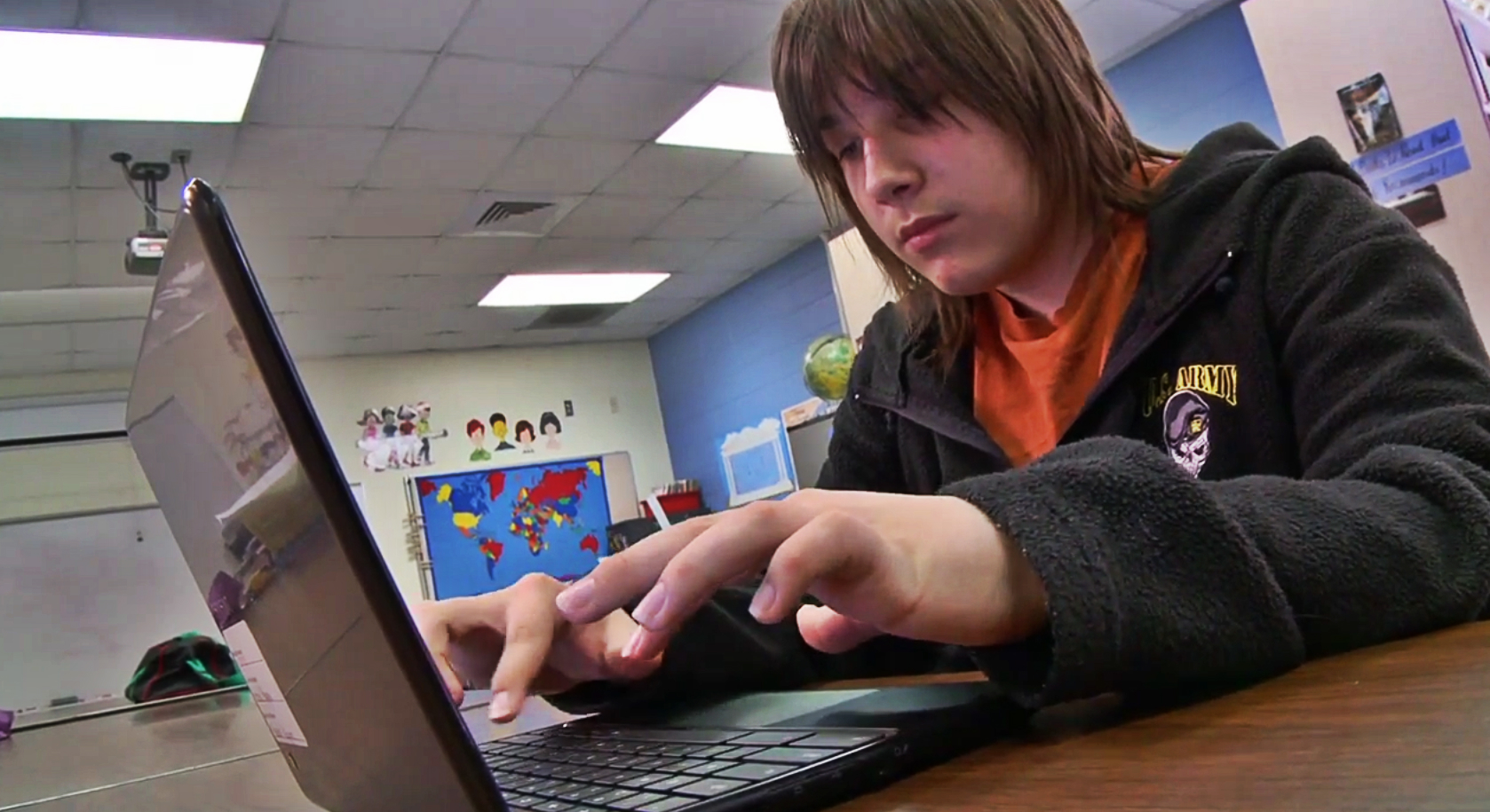
Chromebook passes back-to-school sales test Windows and Macs fail
Google's self-promoting Chromebook educational sales is more than public relations fluff. Laptops running Chrome OS provided "all the growth" in the otherwise troubled U.S. retail PC market during back-to-school buying season, according to NPD. Otherwise, overall PC sales fell 2.5 percent, with desktops down 5 percent and notebooks off by 2 percent. Mac laptop sales sank 3 percent and Windows notebooks by 6 percent. Chromebook sales topped 175,000 units.
"Chromebook sales are being helped by demand for low-cost computing", Stephen Baker, NPD's vice president of industry analysis, tells me today. "We saw strong sales in under-$300 Windows products as well". But Windows is established, while Chromebook is new and necessitates a mind-shift reset: Mostly working in an Internet-connected web browser.
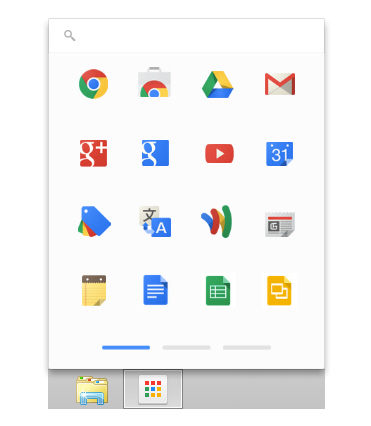
Google releases Chrome App Launcher for Microsoft Windows 7 and 8
I am a big fan of Google’s Chrome OS. However, even though I use my Chromebook all the time, I am the first to admit that it is really just a glorified web browser. Truth be told, the operating system’s web apps are nothing more than links to web pages. However, packaged apps which resemble native apps (such as the great IRC client CIRC) are slowly increasing in quantity and quality.
Today, Google officially releases Chrome App Launcher for Windows. The launcher was previously available for the beta and dev versions of Google Chrome but it is now available for the stable build too. The launcher mirrors the one found in Chrome OS. In installing it, Windows users gain some of the same functionality as Google’s browser-based OS.
Why I love Chromebook Pixel
Seventh in a series. When I reported the original iPhone launch in June 2007, there was sense of history among the people waiting to buy. Several shared similar sentiment: That we would all look back in five or 10 years and see the mobile as a defining moment in computing. They were absolutely right. I feel similarly about Chromebook Pixel, not that as many people appreciate what it represents compared to the larger number of folks rushing to purchase Apple's smartphone.
Google's computer is an acquired taste, and so delish you don't easily go back. But there's a Vegemite quality. Most people wouldn't eat the spread, but ask those who do -- they can't live without it. Likewise, Chromebook Pixel isn't for everyone, but is for me and possibly could be for you, if given a chance.
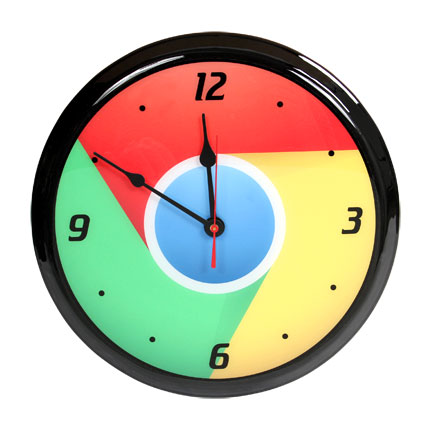
Google preps 'packaged apps' for Chrome stable channel
I/O starts two weeks from today, and Google wastes no time whetting developer interests. Yesterday, the search and information giant revealed new Google+ Sign-In benefits. Today there are changes regarding "packaged apps". Surely the big stuff will wait for the keynote, which takes place on a single day this year, but expect more like last two days beforehand.
"Starting today Chrome packaged apps will be available in the Chrome Web Store for anyone on Chrome's developer channel on Windows and Chrome OS", Amanda Bishop, Google product manager, says. "You will notice that the App category now contains only the new Chrome packaged apps. A new category, called Websites, contains all existing hosted apps and legacy packaged apps". She tempts me to change Chrome channels, but I'll wait. And you?

Google Q1 2013 by the numbers: $13.97B revenue, $9.94 EPS
Google may be a company of many personalities -- browser and operating system developer, connected-device manufacturer, fiber-optic Internet servicer, search giant and social network, among many others. But the core business is still about one thing: Advertising, as calendar first quarter results, delivered today after the closing bell, show.
Revenue rose 31 percent to $$13.97 billion, year over year; operating income, excluding Traffic Acquisition Costs, was $3.48 billion, up from $3.39 billion. Net income climbed to 3.35 billion up from $2.89 billion. That's $9.94 earnings per share, including costs associated with discontinued operations.
Chromebook Pixel LTE arrives today
Yesterday, Google posted a public notice that "folks who ordered the Chromebook Pixel LTE from Google Play will start receiving them as early as Friday, April 12th". If that's you, I'd like to hear about it.
Jay Munsterman got his LTE model a day early and "it is sweet! For anyone else that prefers a Dvorak or non-qwerty keyboard: the keys pry off and reattach easily. And if you have both an ARM Chromebook and a Pixel you do end up with 1.1TB of Drive space". So much for today then. The Pixel comes with 1TB free Google Drive storage for three years.
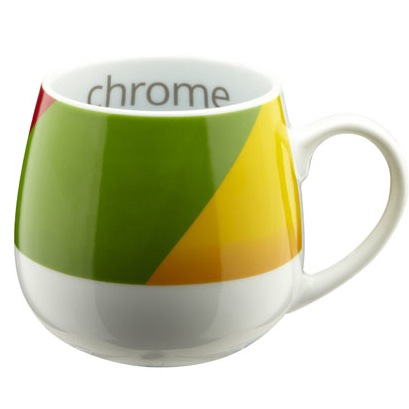
Google Now for Chrome not now but very soon, latest browser build reveals
Back in March, which was not so long ago, we learned that the Android feature that is all the rage would likely come to Chrome the browser and operating system. François Beaufort uncovered code that seemed to confirm the coming inclusion of Google Now, as Beaufort seems to uncover everything -- to the point where the search ginat recently threw up its proverbial hands in frustration and finally hired the man.
That day has arrived...in a manner of speaking. The latest build of Chrome Canary, the developer channel version of the browser, has hit the streets and version 28 comes with the initial framework for Now integration.

Is using Chrome OS like going to prison?
Now that's a question I never expected to ask on Easter morning. But instead of waking up to egg hunts, I'm haunted by Brian Fagioli's Google+ Chromebook Community post overnight. He stirs up the hornets nest today.
"Using Chrome OS is a lot like prisoners in jail making alcohol in the toilet", he writes. "Even when you are limited, you will find a way. While it is fun to find a way to do things despite the limitations of Chrome OS, the question remains: why do we choose to put ourselves in jail?"
